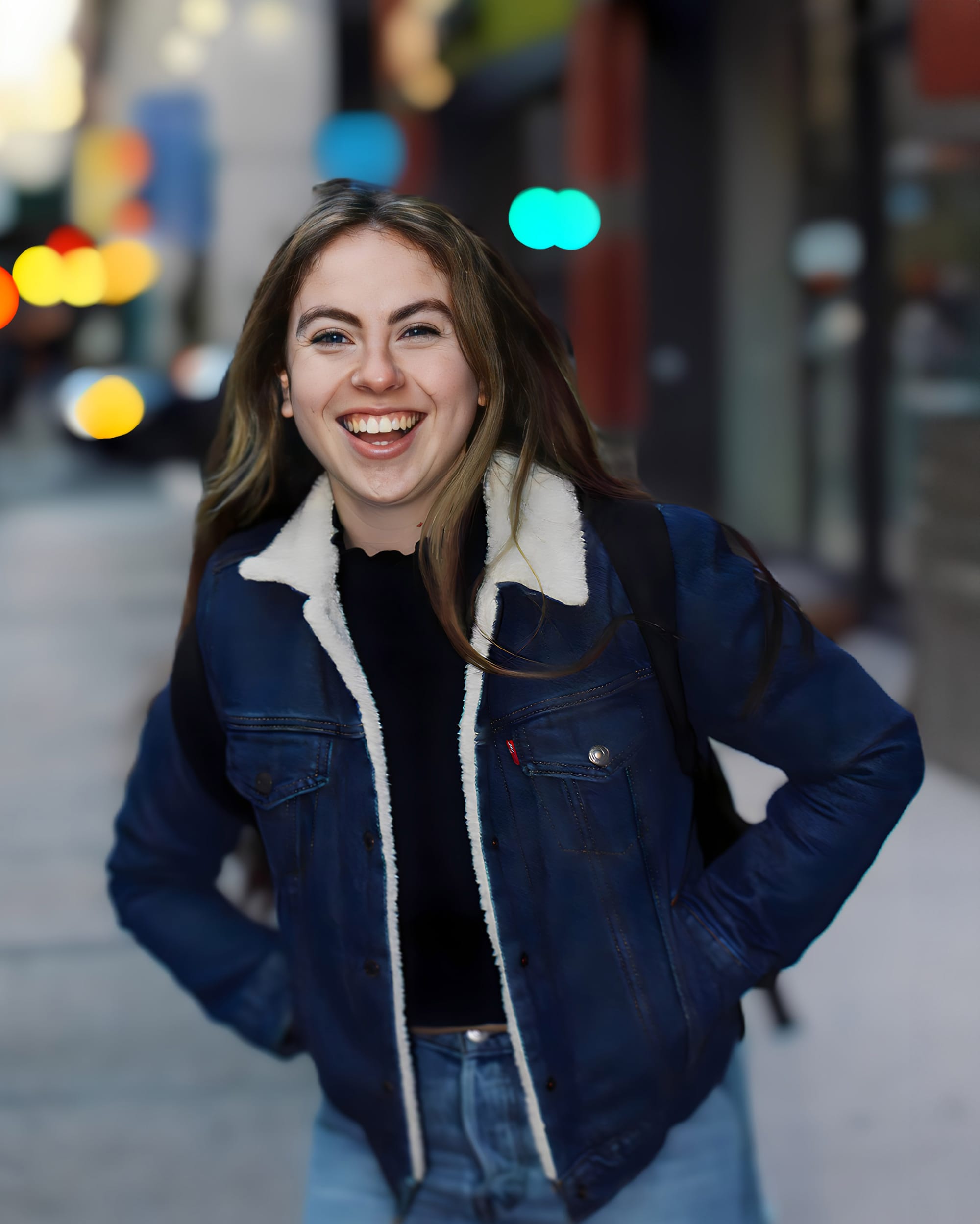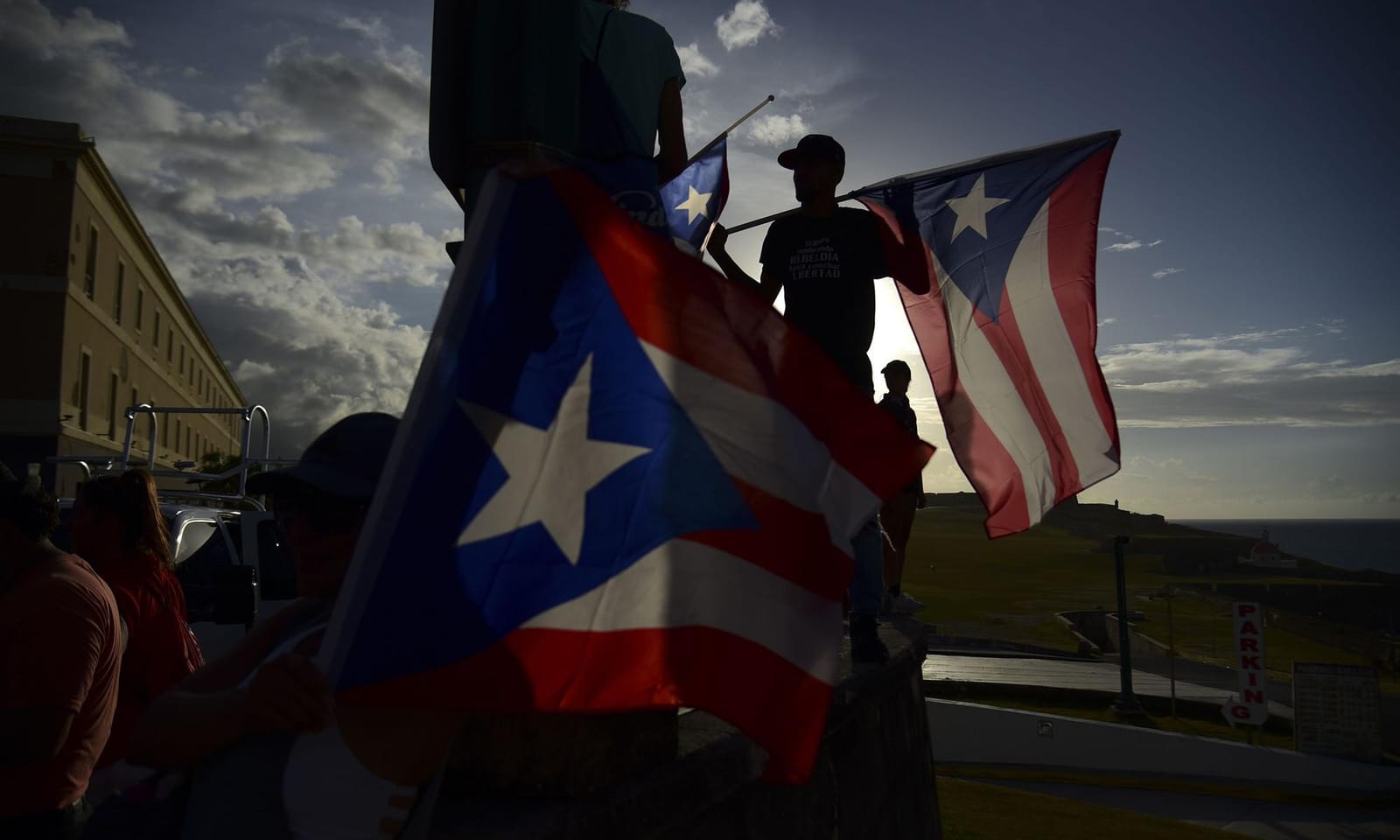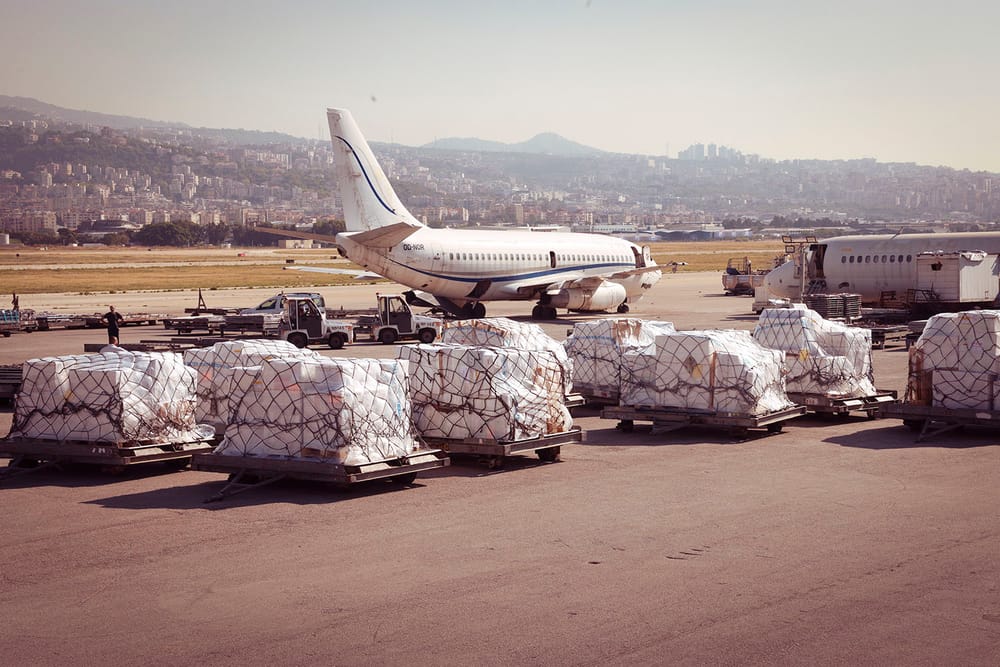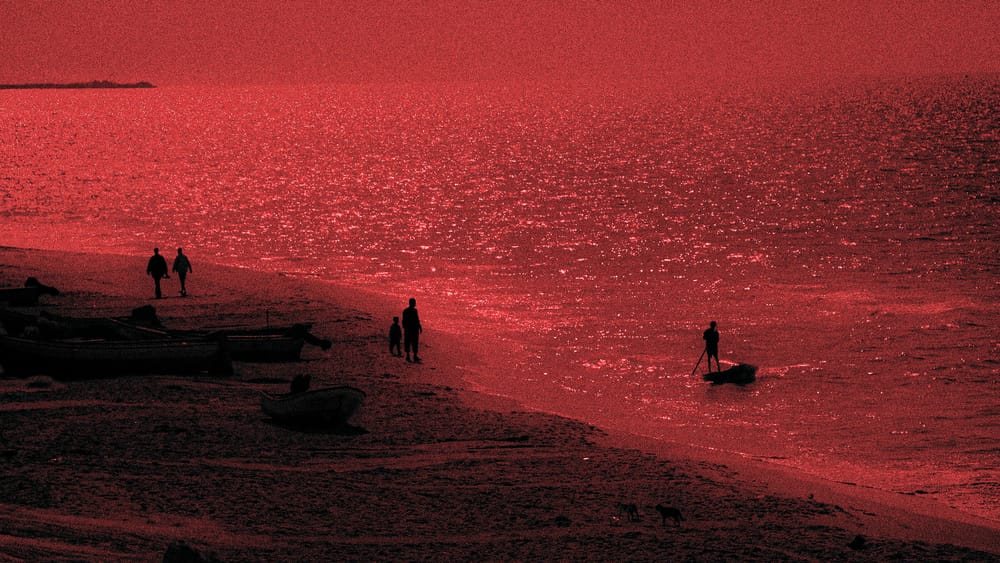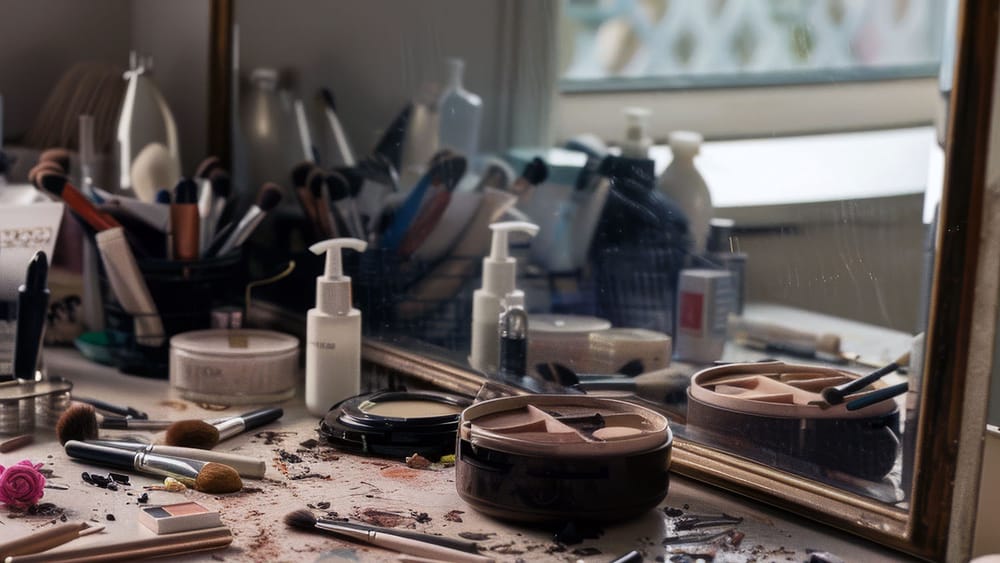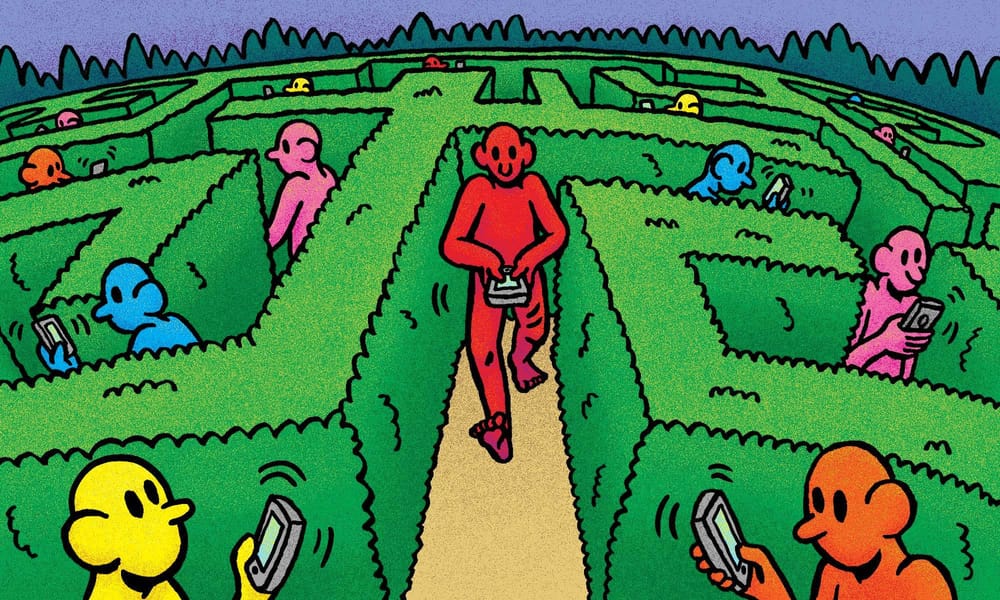“P-A-N-T-O-J-A-S,” says Emilio Pantojas, as he ticks off the letters on his fingers. “And it is PAN-TOW-HAS not PAN-TOW-JAS.”
Not all body language can be read over Zoom, but his slight smirk at the sound of the butchered English pronunciation reads perfectly clear. Pantojas is a senior researcher and Professor of Sociology at the University of Puerto Rico and has plenty to say about the so-called 'status issue' of his home island.
“I feel comfortable in Cuba; I feel comfortable in Santo Domingo, in Colombia, anywhere in Latin America. I don’t feel as comfortable in the United States, because in the United States I have to spell my name,” he says. “See my point? We are Latin Americans!” That audible emphasis in his final avowal is because he knows it’s a contradiction. Perhaps not culturally but certainly legislatively. Puerto Rico has been a part of the United States since it was invaded in 1898 during the Spanish American war. It was on the banks of this Caribbean island that America planted its flag for the first time outside the mainland. Then, it was a symbol of conquest and not of extended liberties; the United States Supreme Court ruled in the early 20th century that the island of Puerto Rico was an unincorporated territory. It was not until 1952, under leadership of the first elected governor Luis Muños Marín, that Puerto Rico drafted its own constitution and became a commonwealth—un estado libre asociado—granting it the right to internal self-determination but not independence.
Juan Agustin Marquez, the Emmy award-winning director of The Last Colony, a film covering the island's political spectrum, says the shift created a false notion of autonomy. “There was a sense that the United States had decolonised Puerto Rico and had given [it] a sense of self-government,” Marquez explains. “The commonwealth relation with Puerto Rico, the ‘estado libre asociado’ did not grant any sovereignty to the people of Puerto Rico,” he clarifies. “Sovereignty remains in the congress of the United States.”
Though Puerto Ricans were afforded American citizenship in 1917, they remain disenfranchised, without effective representation in congress or the right to vote in presidential elections.
“Puerto Rico is a colony in post-colonial times,” Pantojas explains. “[It] was in 1948, and still is, a possession of the United States. A territory that belongs to, but is not a part of, the United States. My goatee is part of me, my shoes belong to me, that’s the way I put it to my students.”
That “ownership” was reinforced with a Supreme Court case in 2015: Commonwealth of Puerto Rico v. Sanchez Valle. Valle, charged under both Federal and Puerto Rican law for weapons trafficking, filed a motion to have the charges dismissed under Puerto Rican law on grounds that the constitution protected him from double jeopardy. The suit became much bigger than the sale of illegal arms, presenting the court instead with the question: is Puerto Rico truly sovereign? And the answer was “no”. The court ruled in a six-two decision that the federal government and the government of Puerto Rico were the “same sovereign”. Puerto Rico belongs to the United States.
The US dollar has printed on the back of it the Latin phrase E Pluribus Unum, meaning “out of many, one”. From Mississippi to New Hampshire, we belong to the same sovereign, and so, according to the courts, does Puerto Rico. For Puerto Ricans though, that bond has not been rooted in mutual respect or even in equitable commerce; it is rooted instead in a deeply colonised power dynamic that has polarised its own body politic.
“We’re in a very violent relationship with them,” explains Lilah Mejia, a Puerto Rican activist and organiser from Manhattan. Mejia worked in disaster management after Hurricane Maria devastated Puerto Rico in 2017, sending many evacuees to New York.
“Hurricane Maria exposed to a lot of people that we are American citizens,” Mejia explains. “If you look at the history of how they [the central government] were with Sandy (a 2012 storm that hit the east coast of the United States) as compared to Puerto Rico and the services that we got, we got the short end of the stick with everything.”
In the wake of Maria, President Donald Trump paid a visit to Puerto Rico and made headlines by throwing rolls of paper towels into the crowd, like t-shirts at a concert, while handing out provisions at a local chapel. Parts of the island remained without power for nearly a year after the storm.
“The colonial status of Puerto Rico is a human rights issue,” Marquez says. “If there was any doubt of that, that was proven during Hurricane Maria where Puerto Rico was left to its mercy without having any representation in the United States or anybody to ring the bell, or anyone to say ‘Hey you’ve got to send in the cavalry to Puerto Rico’.”’
For a country that fought its founding battle over ‘no taxation without representation,’ it would seem criminally contradictory to drain money from an island for services never rendered. While Puerto Ricans are not subject to the same tax code as those on the mainland, they are still required to pay taxes for federal services like Social Security and Medicare. Suspended between being left on its own and being beholden to the government of the United States, Puerto Rico was again held in a state of second-class citizenry.
Reinforcing that status is the absence of the right to vote at the federal level. “We are a colony,” Mejia says. “You want us to fight in your wars, but you don’t at least allow us to vote for a president or to vote for anything in congress.”
How can it be that the United States, self-proclaimed beacon of democracy, is systematically denying its own citizens the right to vote? The short answer is that they’re getting away with it on a technicality. The long answer is that the technicality is Puerto Rico’s right to self-determination—granted by the United States once it was politically unavoidable, despite being the country that revoked it in the first place. That may not seem like a technicality, but in granting self-determination, the United States made it so that in order to get the vote, Puerto Rico would have to unite politically in a choice to join the union through statehood. Consequently, federal representation becomes contingent on unifying a political spectrum that has been polarised by the very government which demands it be uniform.
Starting in 1967, Puerto Rico held plebiscites—direct votes—on the status of the island. Commonwealth status prevailed at first, but there has been a growing movement for statehood, sparked in the 1970s by governor Carlos Romero Barceló, who campaigned on the idea that statehood was for the poor, meaning it would aid the lowest economic bracket more than it would hurt the middle and upper classes. Since then, the plebiscites have inched further toward majority support for statehood, but the journey has been fraught with corruption, low voter turnout, and complicated ballots.
Marquez says Puerto Ricans had high hopes for the Obama presidency but were disappointed by his failure to really address the issue. “We’ve heard many other presidents do this lip service about either wanting statehood or wanting the will of the people,” he explains. “Then nothing happens because, again, in the island, the divisions are very strong, and it feels like still a stalemate debate.” The most recent plebiscite, held in 2020, resulted in a 52.3 percent vote in support of statehood, the highest number on record excluding a vote in 2017 during which there was a widespread boycott.
Part of the stalemate condition comes from what Marquez calls the “sugar daddy/oppressor complex”. On the one hand, the United States is an adversary, a colonial power whose imposed rule has robbed the island of its resources and failed to care for it in return. On the other hand, that robbery has left it in a state of poverty that presents fear around the idea of self-sufficiency.
Mejia uses more blunt terms to describe it. “We’re being pimped,” she says. “We are America’s bitch. Tell me differently.” She calls it a “conditioned mentality” to favour statehood over independence, citing the rich history of the island prior to US invasion.
Pantojas also believes the need for a connection to America has been deeply ingrained in the psyche of the Puerto Rican body politic. “Puerto Ricans are not anti-American. Period. The average Puerto Rican wants some form of relationship with the United States because in the mind of a colonised person it means security,” he says. “You are the rich uncle; you are going to take care of us; you are the sugar-daddy; you are the people who provide the federal funds.”
Pantojas refers to himself as a Puerto Rican nationalist but assures that he is not a fanatic; he is instead a member of a cohort within his generation that believes breaking from the US government is the just solution. “To me the right to equality? Give me independence!” he says, “Puerto Rico was invaded. This wasn’t a picnic. [From] 1898 to 1900, there was a military government. These were not preachers.”
“‘The Power of the Puerto Rican Paradox’: I guess that would be the title,” Marquez says of the chapter missing from history books about his island. Neither he nor Mejia nor Pantojas believe Puerto Rico is headed for independence. They also don’t think statehood is right around the corner, if at all.
“There is a saying: you know that goats, they will eat anything,” Pantojas says.“There is one kind of grass that the goat does not eat called anamú. We, Puerto Ricans, are like anamú—la yerba que el cabro no mastica. We are an unchewable weed—anamú. Americans will never absorb us. Even if we become a state we will have cockfights. We will insist on having a Puerto Rican Miss Universe pageant; we will insist on having a Puerto Rican team in basketball, in baseball. That’s the big contradiction. That’s what American colonialism faces.”
In as murky and fraught an issue as the status of the island, universal truths can be hard to come by. Standing unmistakably though, in the midst of this debate, is the sublime and durable spirit of the Puerto Rican diaspora.
“In Puerto Rico, we say from here to the world: de aquí pa’l mundo,” Marquez says. “There’s this big ingrained idea that we are a small island in the middle of the world, in the middle of the Americas, that has to represent.” Every time you walk into a room, he says, there is a chest-bound desire to identify Yo soy Boricua, I am Puerto Rican, because you know someone else will respond with a shout or holler of solidarity. Marquez attributes part of this to the 1948 Gag Law passed on the island in an attempt to suppress the independence movement. The law made it illegal to fly the flag or sing patriotic songs. “When you outlaw something as sensitive as that, it kind of creates this underground movement of reinforcement,” he says. “Outlawing the national anthems, what really happened is that they solidified the identity.”
“The fact of the matter is that we are nothing but Puerto Ricans,” Pantojas says. “We are cultural nationalists. We had an established, written culture. There is such a thing as Puerto Rican literature. Our writers write in Spanish and get prizes from international Hispanic American literature. We were a people—constituted, politically organised.”
Pantojas stresses the importance of language as a symbol for the wider issue. His most popular phrase throughout the interview was an emphatic “we speak Spanish”. That linguistic barrier, he argues, is part of the reason that even statehood would not be a viable solution for what he calls “the Puerto Rican national project”. “The vernacular of every Puerto Rican is Spanish,” he says, “you need to know enough Spanish to understand kitchen language [and] swear at the Americans without them knowing it. There is a lot of code-switching . . . some people don’t understand that if you’re called Martinez you’ll never be anything but Puerto Rican and you will always be a second class citizen even if you have statehood.”
Pantojas, in referencing the razor-thin margin of acceptability that certain aspects of American culture create, makes glaringly clear in his tone that the bilingualism of the island should be a symbol of pride and not a disqualifier. He references an essay by the late Frank Bonilla, a Puerto Rican scholar, entitled Beyond Survival: por qué seguiremos siendo puertorriqueños. The essay lauds “the tenacity and capacity for survival contained in the resolute avoidance of a capitulation on the cultural front.” It further reads: “When people ask in what way Puerto Ricans differ from earlier immigrants [to the United States], we must be ready with the true answer which is that we are a displaced offshoot of a people and a land that have yet to be liberated and whose freedom is our own.”
“I think that everyone that leaves keeps something very strong from Puerto Rico—something that they showcase,” Marquez reflects. “I make movies but people that cook will do pasteles or Puerto Rican food.” Marquez grew up on the island but has since moved back and forth to the United States. “I think subconsciously we all understand that it’s a small place that has limited resources that a lot of us in order to achieve our dreams, at some point are going to have to leave,” he says. “But a desire to come back to your people to our people, tú gente—it’s a very strong part of the culture, and that might even have to do with the colonial fact and the outlawing of the flag and the anthems which solidified our necessity for identity for saying ‘I’m Puerto Rican, nothing else.’ Those feelings never go away.”
Mejia, who grew up in New York City, says the history never leaves her and that she honours it, especially as a mother. “What people don’t know is that the United States government tested on our women for birth control,” she says. In the 1950s, the drug maker responsible for the modern birth control pill in the United States used women in a housing project in Puerto Rico as the subjects for its first large-scale human trial. Since then questions have been raised about the lack of transparency afforded to the participating women who were told the drug prevented pregnancy but not that they were part of a clinical trial. The choice to test on a demographic of largely poor women of colour reeks of colonial opportunism. Mejia herself is a mother of six. “Knowing that history alone, it just incited something crazy in me,” she tells me. “I just was like fuck that. I’m gonna have as many kids as possible.” After having her first, she says she began getting questions about having her tubes tied and resented it, questioning if White women had been asked the same questions. “I'm gonna have more, and I’m gonna have more, and I am going to have as many as I can afford,” Mejia retorts.
If it is, as Marquez says, a Puerto Rican paradox, the strength of the national pride is certainly excluded from any air of confusion. Wise to, and wary of, the long and careless arm of the US government, the spirit of the Puerto Rican people has not been broken but instead buoyed by efforts to suppress it. The fraught relation with the mainland remains a monument to colonialism—present not past tense—on the policy record of America.
“Ultimately Americans mistreat Puerto Ricans not because they are bad, but because colonialism is set up for second-class citizenship,” Pantojas explains, “for subordination, for arbitrariness.” Looking toward the future, “it’s more of an evolution than a revolution,” says Marquez, intimating at higher vote shares for statehood.
If and when those numbers arrive, the United States has an imperative to pay heed to the first and most vital word of its title—United. Add a chapter to the history books. Better yet, add as many as there’s time to write and start writing now. About PROMESA. About the Insular Cases. About when it was Porto Rico and not Puerto Rico. About the birth control trials. And the Ponce Massacre. And the Nationalist Uprisings. And the Jones Act of 1920. And Hurricane Maria.
“I had a better salary, a better house in the United States, but what I have in Puerto Rico no one can give me,” Pantojas says. “And I put it trivially and simply as: spell my name. I am Emilio Pantojas, no matter what I do.”


